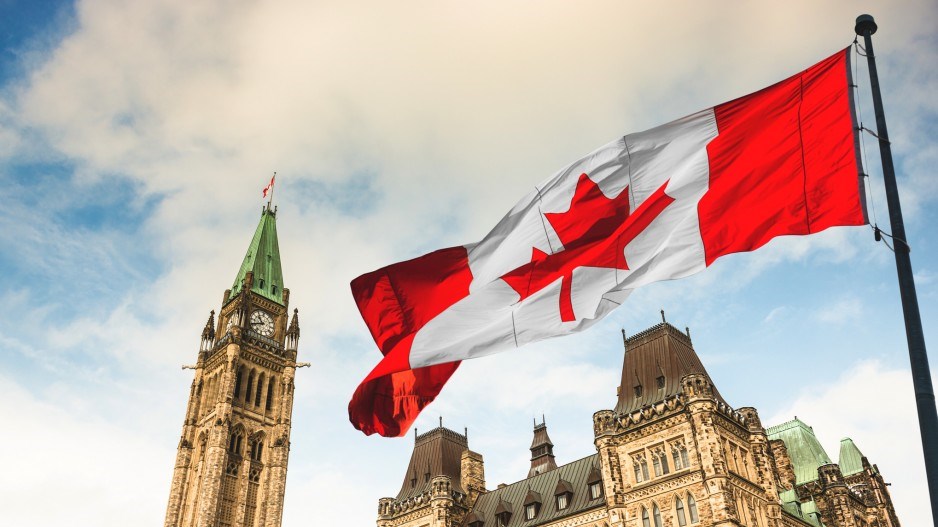With just over two months left before the end of 2023, Research Co. and Glacier Media studied the perceptions of Canadians on national unity and the federal and provincial heads of government.
At the start of the year, 52 per cent of Canadians told us that their province would be better off with someone other than Justin Trudeau in charge of the federal administration, and 51 per cent felt a new premier would also be beneficial.
Plenty has changed since then. The federal Liberal Party has had difficulty connecting with voters in its traditional strongholds, and provincial elections in Alberta and Manitoba resulted in a renewed mandate, and in a change of government, respectively.
Across the country, 52 per cent of Canadians told us last month that they think their province would be better off with a different prime minister in Ottawa. While the national number did not change, there are some fluctuations that are worth noting.
Half of Albertans (50 per cent, down 16 points) and Ontarians (50 per cent, down two points) can picture their respective provinces doing better under a different prime minister. Quebec’s numbers are consistent with what we reported in January (43 per cent, down one point).
This leaves three areas where a majority of residents appear dissatisfied with the current state of affairs: British Columbia (55 per cent, down two points), Manitoba and Saskatchewan (59 per cent, down six points) and Atlantic Canada (67 per cent, up 13 points). The change in Atlantic Canada is particularly ominous for the federal government, as an area the Liberals swept in 2015 is not looking particularly welcoming eight years later.
In the four most populous provinces, the numbers have also changed when it comes to premiers. Almost three in ten of Albertans (58 per cent, up three points) would prefer to have someone other than Danielle Smith at the helm, and almost two thirds of Ontarians (64 per cent, up four points) appear displeased with Doug Ford.
In each of these cases, the animosity expressed by residents at the start of the year has increased. Smith went through an election in which minor parties either disappeared or performed poorly, with the United Conservative Party (UCP) ultimately emerging victorious. Although Ford has been severely criticized for decisions related to the Greenbelt, the absence of a full-time provincial Liberal leader will continue to make things easier for Ontario’s Progressive Conservatives.
Two provinces that consistently saw high levels of satisfaction during the COVID-19 pandemic fare differently. Almost half of British Columbians (47 per cent, up seven points) can imagine the province under a different premier than David Eby. François Legault posts less favourable numbers (55 per cent, up 13 points).
Quebec still has just over three years to go before its next provincial election, but the seeming resurgence of the Parti Québécois, aided by a floundering Liberal Party of Quebec, has led to questions about the return of sovereigntist politics.
In our survey, 24 per cent of Canadians believe their province would be better off as its own country. In Quebec, the proportion rises to 28 per cent, down one point since the start of the year and nowhere near becoming a worrisome statistic for federalist supporters.
Alberta and British Columbia are also high on the charts when it comes to the perception of being better off as independent nations (each at 27 per cent). The big difference is in the question on whether a province should join the U.S. and become an American state. Alberta is at 26 per cent, British Columbia at 17 per cent and Quebec at 16 per cent.
Put differently, more than a quarter of Albertans are currently likely to favour independence and becoming the 51st star in the American flag. The views are more nuanced in the other provinces.
The end of the year usually brings discussions about the future, both in households and governments. In a country where residents remain primarily concerned about housing, health care and the economy, every effort to reconnect with the base helps.
Last month’s survey was not particularly kind to the governing Liberals at the federal level, with the proportion of Atlantic Canadians who are dissatisfied with the prime minister jumping markedly. The survey was conducted before the announcement of a three-year carbon tax moratorium on home heating oil, so the effect of this policy has not been measured yet.
In any case, supporters of the prime minister may look at the trend and claim that nothing has changed since January and that a victory in the next federal election is still attainable. Opponents may focus on the stagnation as proof that the current government has not moved the needle in a year that featured several opportunities to do so.
Mario Canseco is president of Research Co.
Results are based on an online study conducted from Oct. 20-22, 2023, among 1,000 adults in Canada. The data has been statistically weighted according to Canadian census figures for age, gender and region. The margin of error – which measures sample variability – is plus or minus 3.1 percentage points, 19 times out of 20.





